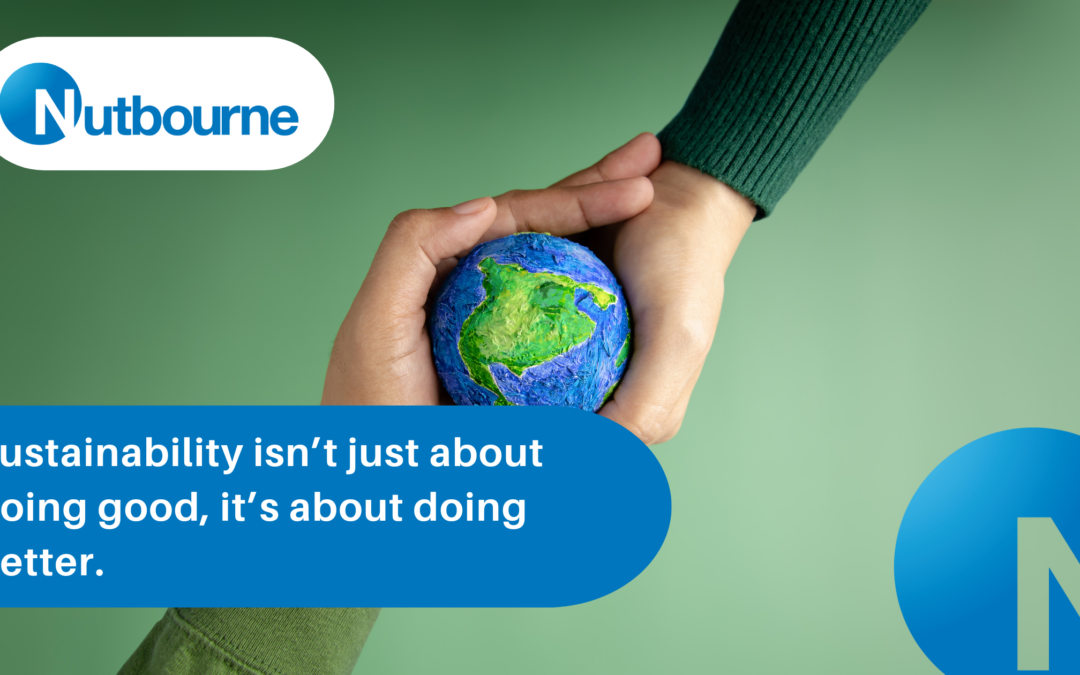Sustainability is often framed as a costly challenge. But for many businesses, cutting carbon isn’t just about ethics, it’s a logical step that can improve efficiency, reduce costs, and streamline operations.
“At Nutbourne, we took a hard look at our carbon footprint after moving to remote work,” says Managing Director Marcus Evans. “We realised that maintaining an office for 50 people made little sense when most of our team preferred working remotely.
“Downsizing saved money, improved work-life balance for everyone, and significantly reduced our emissions. Without a physical office, we cut heating, electricity, and commuting emissions to nearly zero.”
Evans adds that everything thereafter came under scrutiny. The company analysed travel expenses, mileage and even the use of home offices. The numbers, he says, were striking. “At the point our total emissions were around 30 tonnes of carbon a year, which is well below the industry average of 200 tonnes for a company of our size.
“But we wanted to go a beyond that, for us it was about being more that neutral. So we offset what remained, by buying 98 tonnes of UN-accredited carbon offsets, which makes us carbon negative rather than neutral.”
Evans adds that there’s a misconception that sustainability is about grand, expensive gestures. In reality, small, smart changes add up. For SMEs looking to make an impact, ethical IT disposal, for example, is an easy win. Old laptops sitting in storage are a waste of resources that can be refurbished, recycled or repurposed.
“It’s easy to overlook digital clutter too,” Marucs says. “ People have massive email inboxes containing 20 years of email which contribute to data centre emissions. Regular cleanup reduces both risk and carbon impact.
“Generally speaking, some businesses hesitate to go green because they don’t see a direct financial return. But, in practice, sustainability is becoming a factor in business relationships. Larger companies increasingly expect carbon-conscious suppliers. And regulations are tightening. The sooner businesses adapt, the better positioned they’ll be in.
“Sustainability isn’t just about doing good, it’s about doing better. Cutting waste, improving efficiency, and being prepared for the future are benefits in their own right. The first step isn’t complicated: audit your footprint, find easy wins, and start making changes. The impact will follow.”

